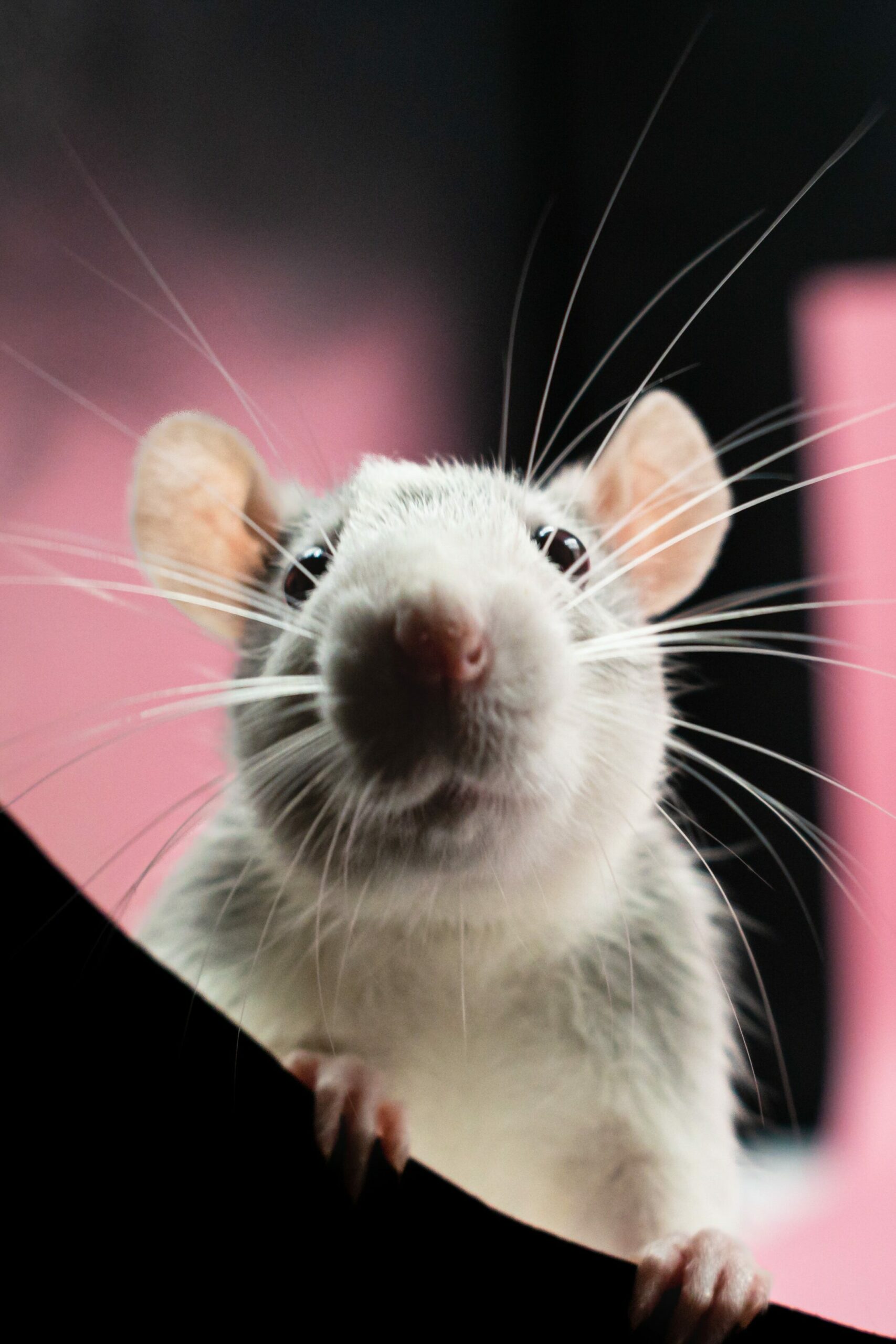Ageing is a complex process that affects all living organisms, and the underlying mechanisms are still not fully understood. However, recent research has shown that epigenetics, regulating gene expression without changing the underlying DNA code, plays a crucial role in the ageing process. An international study over 13 years demonstrated for the first time that degradation in the way DNA is organized and regulated, known as epigenetics, can drive ageing in an organism independently of changes to the genetic code itself. The work shows that a breakdown in epigenetic information causes mice to age and that restoring the integrity of the epigenome reverses those signs of ageing. This groundbreaking research opens new avenues for studying ageing and potential interventions to reverse the signs of ageing.
A Breakthrough in Understanding the Mechanisms of Aging
This study is significant because it provides new insight into the underlying mechanisms of ageing. By demonstrating that degradation in the way DNA is organized and regulated, known as epigenetics, can drive ageing in an organism independently of changes to the genetic code itself, this research suggests that interventions targeting the epigenome may have the potential for reversing signs of ageing.
Suppose we can better understand the ageing process. In that case, we can develop new interventions to help people live healthier and longer lives. This is an important finding because ageing is a significant risk factor for many chronic diseases, such as cancer, cardiovascular disease, and neurodegenerative disorders.
This research is also important because it highlights the potential of epigenetics as a target for anti-ageing interventions. Epigenetics refers to the DNA molecule’s modifications that control how genes are expressed but do not alter the underlying DNA sequence. By understanding how these modifications contribute to ageing, researchers can develop new therapies that target the epigenetic changes associated with ageing, such as restoring the integrity of the epigenome, which could lead to reversing signs of ageing.
Overall, the findings of this study have the potential to improve our understanding of the ageing process and pave the way for the development of new interventions to promote healthy ageing and extend the human lifespan.
The study led by David Sinclair, Professor of Genetics at the Blavatnik Institute at Harvard Medical School and co-director of the Paul F. Glenn Center for Biology of Aging Research, suggests that epigenetics plays a key role in the ageing process. The team’s extensive series of experiments provide long-awaited confirmation that DNA changes are not the only, or even the main, cause of ageing. Instead, the findings show that chemical and structural changes to chromatin, the complex of DNA and proteins that form chromosomes, fuel ageing without altering the genetic code. The study’s senior author, David Sinclair, emphasizes that their research findings are the first to show epigenetic change as a primary driver of ageing in mammals.
Exploring the Role of Epigenetics in Aging: A Study of ICE Mice

The main experiment of the team led by David Sinclair used “ICE mice” (Induced Cellular epigenetics) mice as the test subjects. The team manipulated the epigenetics of these mice to study how it affected the ageing process. The ICE mice were genetically engineered to allow for the manipulation of specific genes that control the way chromatin is organized in cells. Using these mice, the team was able to study the effects of changes to chromatin on ageing and how restoring the integrity of the epigenome can reverse signs of ageing in these mice. Using ICE mice, the team confirmed that chemical and structural changes to chromatin, the complex of DNA and proteins that form chromosomes, fuel ageing without altering the genetic code.
Navigating the Challenges of Reversing Aging: Scientific, Ethical, and Practical Considerations
There are several limitations and challenges regarding reversing ageing, both from a scientific and ethical perspective.
From a scientific perspective, reversing ageing is a complex and challenging task as the ageing process is not fully understood yet. Multiple pathways and mechanisms contribute to ageing, and interventions are likely needed to reverse ageing effects. Additionally, many interventions that show promise in animal models may not apply to humans or may have unintended consequences.
From an ethical perspective, reversing ageing raises several concerns. For example, ageing can be changed. In that case, it raises questions about the implications of overpopulation and how to ensure everyone has access to these interventions. Additionally, reversing ageing could have unintended consequences for society, such as increasing the divide between the rich and poor or creating a new class of “super-agers” who can live much longer than the average person.
On the practical side, reversing ageing is a complex task requiring a multi-disciplinary approach, including scientists, doctors, ethicists, and policymakers. It will also require significant research and development investment and collaboration between academic institutions, government, and industry.
Conclusion
David Sinclair wants scientists to use the research findings to learn how to control ageing. The study shows how genes can prevent ageing, even if there are no changes to the genetic code itself. Sinclair accepted that medical applications are still far from reality. They will require a lot of experiments with different types of cells and animals. The goal is to find ways to prevent ageing, like fixing the epigenome. This would make people healthier for longer.







































